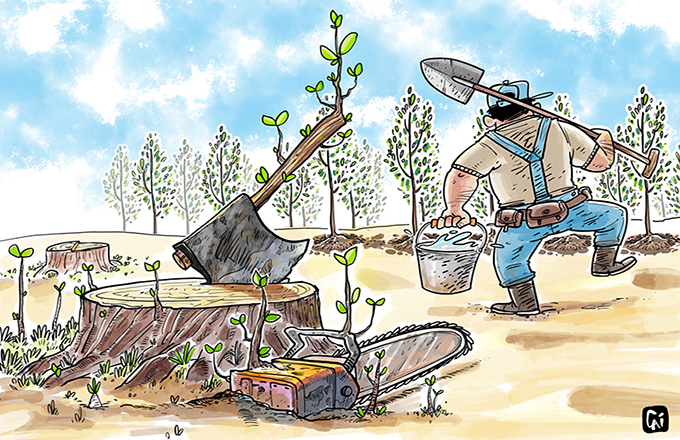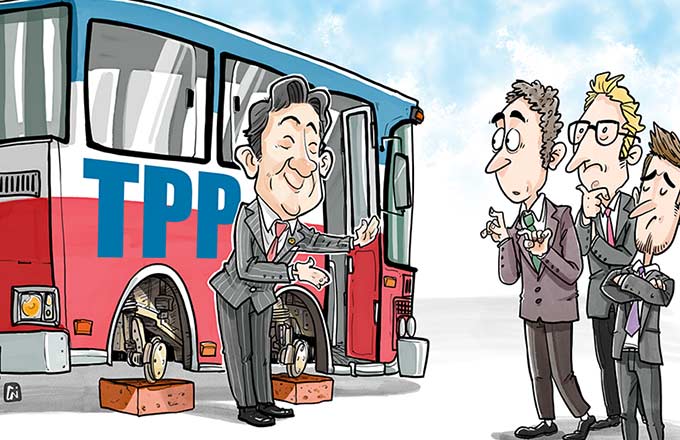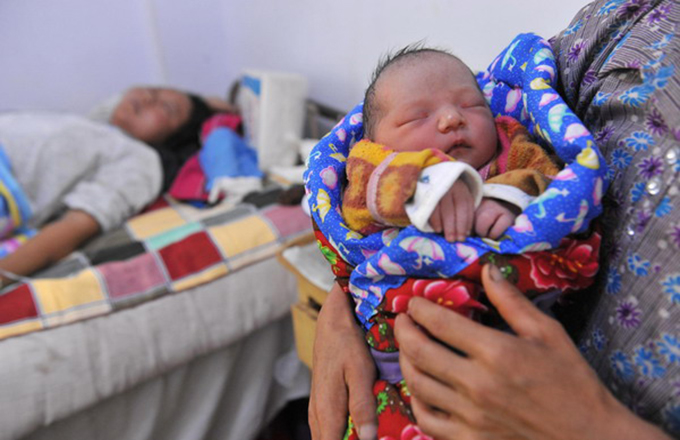Thucydides trap can be avoided
China and the US must make greater efforts to understand each other's key interests and better manage their differences
The presidents of China and the United States wrapped up their two-day summit in Sunnylands, California, without signing a series of agreements or releasing a joint statement, as is usually the case at the end of a state visit. However, since the meetings were informal, the role of this summit was to act as a more effective way for the two countries to communicate with each other.
During the meetings, the two leaders touched upon a wide range of issues relating to the bilateral relationship, which was necessary to improve the dispute management between the two sides, and so help them escape the Thucydides trap, which refers to the ancient Greek historian's observation that a rising power can alarm an established power to such an extent that war is inevitable.
China and the United States have maintained and strengthened their military dialogue channels and military exchanges. In 2012, high-level military officials, including the defense ministers from both sides exchanged visits. The second China-US Strategic Security Dialogue was held in May last year and the 13th China-US Defense Consultation was held in December. Moreover, both sides promoted cooperation in areas of low sensitivity, such as humanitarian assistance and disaster relief.
However, neither China nor the US believes that the current exchanges are sufficient to build up mutual trust. On the one hand, China's growing military budget and capabilities have inevitably drawn some concern from the US. From the US' perspective, China still lacks transparency in its military development. On the other hand, the US' increasing military presence in the Asia-Pacific region has resulted in China's growing suspicions about its intentions. The truth is that the US is carrying out an extensive rebalancing, in which the military is a key part. The country has set out a plan to deploy 60 percent of its navy and 60 percent of its overseas-based air force in the region. The increase in deployment is moderate, but what matters is that some US officials have made it clear that this is partly to counterbalance China's military build-up.
Both sides have come to realize that the military relationship has had a negative impact on the overall bilateral relationship. Fortunately, the leaders agreed to strengthen the military-to-military relationship during their summit. The positive developments are that China will attend RIMPAC, the Rim of the Pacific Exercise, in 2014 at the invitation of the US. In previous years, the exercise hosted by the US has included a number of regional countries, but excluded China.



















